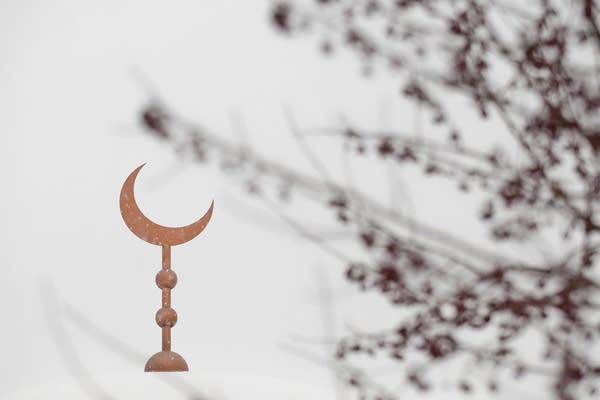Listen: What it's like to be Muslim in Minnesota

A light snow falls onto the crescent moon-topped dome at the Masjid An-Nur mosque in Minneapolis Tuesday.
Jackson Forderer for MPR News 2016
Go Deeper.
Create an account or log in to save stories.
Like this?
Thanks for liking this story! We have added it to a list of your favorite stories.


